
So you want to be a doctor? Advice for those considering studying medicine
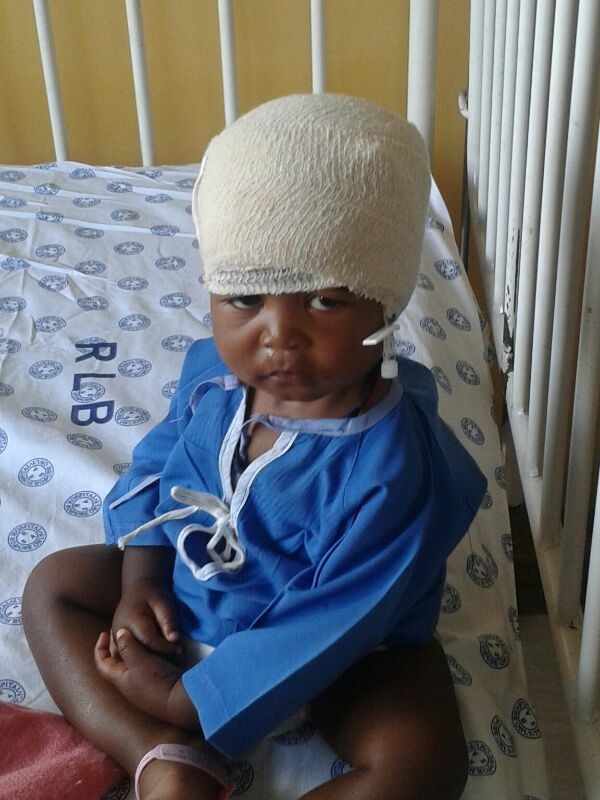
Choosing your career path can be a difficult decision. Especially if you are not 100% sure of what you want to do or what your options are.
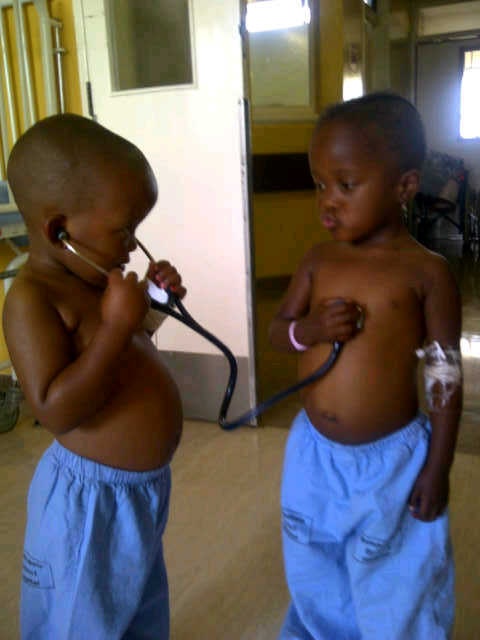
If you are considering studying medicine I would advise you to first get to know yourself and do some research on what medicine is all about. Not that it’s a bad field, it just requires a lot of your time and energy so it is worth giving the decision some thought.
I asked two of my friends and colleagues, Dr.Thomas and Dr.Wu, what advice they would give to someone thinking of becoming a doctor. (So that you don’t only get my side of the story.)

Dr.Thomas is currently a medical officer working in opthalmology and wants to apply for a registrar post soon. He did his community service year in Graff-Renet which sounded quite tough. Dr.Thomas also plays guitar, enjoys reading and traveling. This is what he answered:
Am I glad I’m a doctor?
I’d say I’m glad I am in God’s will. Not sure about the whole plan yet, but I’m getting there. But for an answer you could use, I’d say it depends where I am; like post-call: no. Or in a complicated case in theatre: no. But mostly I am glad.
Was it worth studying medicine?
Monetary: Yes. Fairly good salary, actually. But it plateaus quickly, whereas other professionals like engineers or lawyers may start off slower but probably tend to go higher.
Hours: terrible, but somedays you can go home earlier. Depends on what you do.
Respect: People everywhere call you Doctor. This becomes tiresome after a while. Also, if you are on a plane/in a submarine/on a train/with green eggs and ham and there’s an emergency, you will have to pretend like you’re a pastor or a chef or something.
Job satisfaction: very, very variable. You see the worst side of humanity, mostly. You will lose most of your romantic ideas you learned from watching DsTV and also any unrealistic expectations you had about people’s looks and naked bodies, so there’s also that. But sometimes you make a huge difference to someone, or someone stops you in the street to thank you. I can count the number of times the latter happened to me on one hand. And I have some fingers left over.
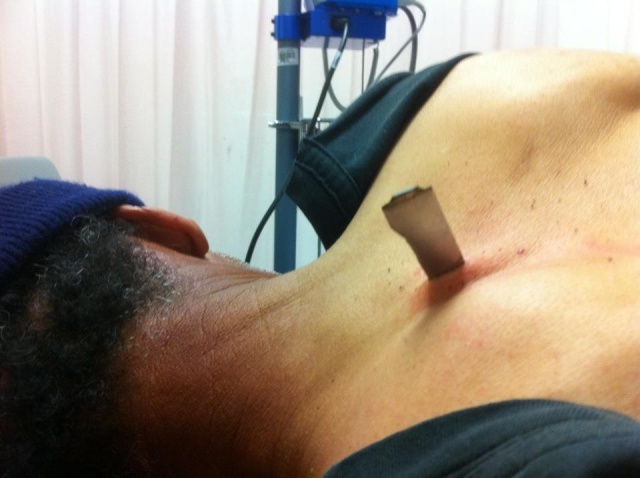
What are some good and bad points about medicine?
Good: interesting stories. Money. Occasional early days (man, it sounds like all the good things are the things that have nothing to do with work). Interesting operations. Learning new things. Challenging.
Bad: Challenging, esp re: staying cheerful, not listening to gossip, not burning out. Hours. Sick people.
What personality traits should you have if you want to go into medicine?
Humility. Patience. Loving. Able to see the bigger picture, I guess.
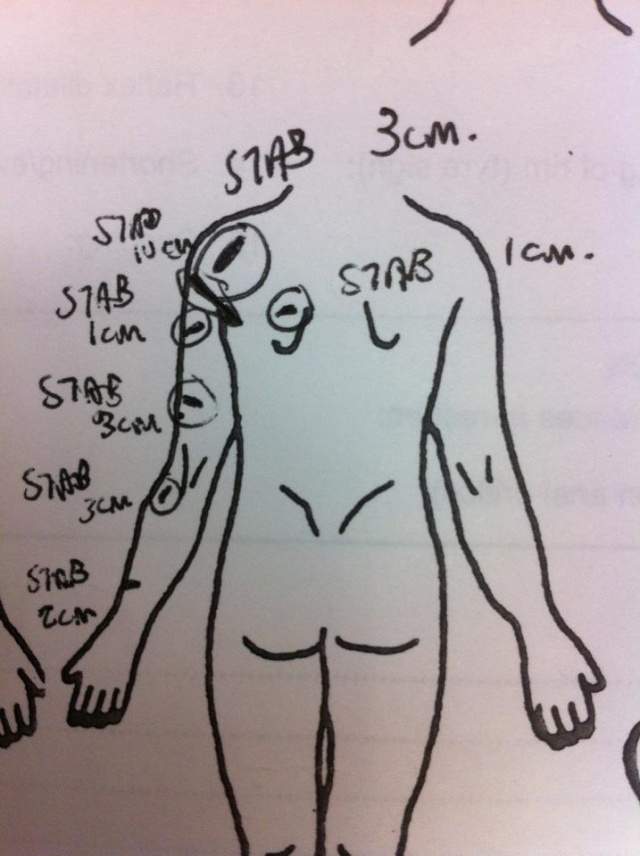
Advice to those wanting to study medicine:
Sure, become a doctor. Just don’t have illusions. People have probably told you, ‘don’t do it for the money.’ Don’t. The job you’ll be doing isn’t worth the money.
Don’t become cynical; this is very hard. Also, don’t equate having knowledge that others don’t have with being more important than them. Medicine isn’t some arcane, hidden secret. You just spend a long time learning information and how to integrate it into clinical practice.
Lastly, you wouldn’t buy a car or a house without first driving or inspecting or whatever (hopefully. Maybe you would, but that’s crazy). So don’t choose to spend five to six YEARS of your life cracking the books and then another three YEARS doing mandatory work for the state without spending some time finding out exactly what you’re getting yourself into.
Also, the country needs more engineers. Consider that.
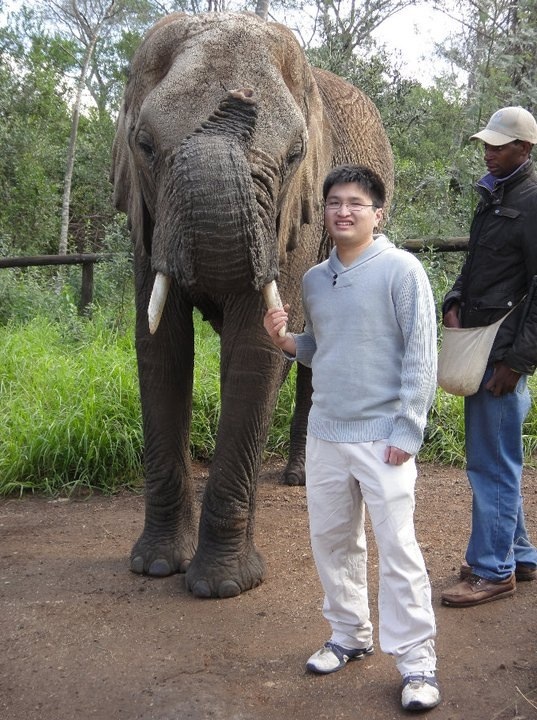
Dr. Wu is currently specializing surgery in Bloemfontein. He is very dedicated, is fluent in five languages and is passionate about medicine especially operating. I asked him what his advice would be to anyone considering studying medicine in South Africa. This is what he replied:
I don’t have any regrets over my decision in being a doctor. The core aspects of medicine I love. Its also a humbling experience and a great honour to be a healer. For me nothing is more satisfying than seeing a really sick patient get better and finally being discharged. But the young people out there must realize that political/administrative circumstances can make our profession very difficult at times. The work, whether its clinical or lab work, carries a lot of responsibilities which is constantly being watched under a microscope and can potentially have medico-legal implications.
I think alot of students must also realise that the “glamour life” of a doctor that they see on TV like doctor 90210 on DSTV is only the tip of the iceberg.
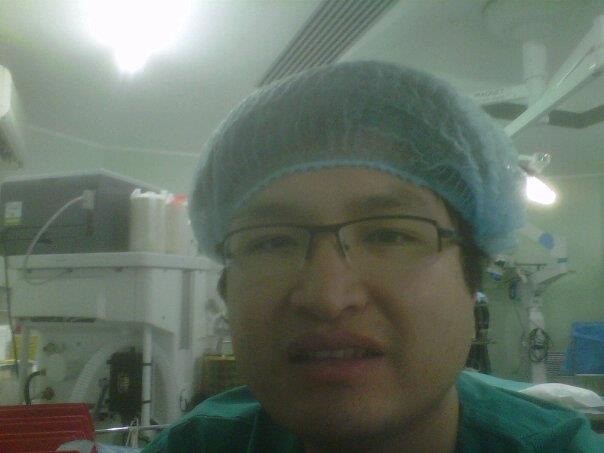
A list of things I wish I could of known before medical school would be:
1) The actual duration of study time.
With the introduction of a 2 year community service it will take a new student starting next year 10 years to even think of practicing as an independent doctor. Thats a long time! Even longer if you intend to specialise afterwards. So I think this is an important point. Those that don’t see themselves studying more than 3 or 4 years should seek another profession.
The course itself is quite grueling wherever you go. One really has to put in some effort.
2)Over-time work.
Yes, over-time! I never knew about this until 3rd year. For the first time I saw a “spoed roster”(call roster) and wandered what the hell that was. For at least 7 years over-time will probably be “forced” upon any individual. They must understand that it means giving up alot of weekends, social life and personal life. It’s a reality that they must be prepared for psychologically and emotionally. I know of interns at Kimberley who have broken down during a call, because the stress was just too much. Its especially those who are very OCD. A person only has 2 hands and can only do 1 thing at a time. The fact that x-rays are down or bloods are getting lost at the lab shouldn’t be made a personal problem. The ideal personality, I think, is to be organised (not OCD type),but to have a system of handling things and to also be more open minded about things.
3) Pulling rank.
I hate this. But unfortunately it happens everywhere and thats just how people have made medicine to be. Alot of the time it is unnecessary. Students must know to expect this. Especially during the student years and mostly the intern years. I experienced this alot from the registrars in Bloemfontein. The best way to approach this is to do what is expected of you i.e. do your part and any nasty criticism must just slip off you like water off a duck’s feather.
4)Medicine in Deep dark Africa.
HIV and TB are real things. More than half the patients are affected by it. This will be part of any doctor’s scope of practice as long as he or she is in SA or in clinical medicine. It’s a personal risk that we are faced with everyday. I can’t remember how many times I have been on HIV prophylaxis! More than 3 times this year already!
5)Admin/state hospital frustrations.
It’s because of this that many doctors eventually choose to either go private or go overseas. Nothing is more frustrating to see doctors orders not being carried out or begging sisters to do their work! And especially during the student years and intern years I would say we got abused. So students must just be aware of these problems in state hospitals and it will probably get worse with time. The positive point to remember here is that it’s only a temporary problem. Once community service is over you at least have an option to get out.
But I also have to say some positive aspects about medicine:
1) Sense of financial security.
A doctor will probably not be jobless. He/She might not be happy working somewhere, but at least looking for a job isn’t a big problem, well at least in SA.
2) Great Job satisfaction.
If you genuinely love medicine and like interacting and treating patients I can’t think of a better profession that gives you so much job satisfaction.
3) Doing your training in South Africa.
SA probably produces some of the best doctors in the world. We gain more practical skills during our training which other countries can only dream of. Getting a medical degree in South Africa is something to be real proud of.
4) Great opportunities.
Whether one stays in clinical medicine or branches out, the medical field offers a wide range of opportunities. I mean we can decide to go the medical rep route, sports medicine, Lab medicine, Be a rural GP or specialise. There are just so many opportunities out there. Even we as doctors sometimes think we are limited only to where we are currently working. Also in a way you are your own boss in the long run. Eventually you decide what suits you best and you shape your career around what you enjoy doing. So that’s always something to look forward to.
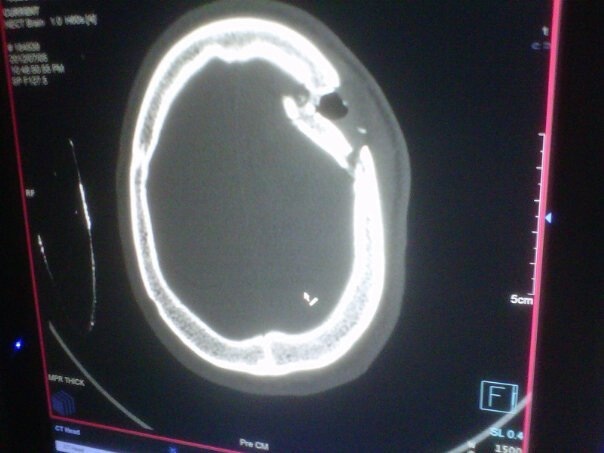
This would be some of the things I think a prospective medical student should know.
But really, deep down I love my profession. I think if you respect it and be humble about it, it will take good care of you. It’s a special “honour” to be a MD, you know. Yes, money is important. Life is difficult if there is no money, but serving humanity is priceless. I mean I would rather come out 2 am in the middle of night to treat a sick child than to be a lawyer or an accountant who is worrying himself sick about how to get his client off the hook or pay less tax. Nothing against my lawyer/accountant friends:)
Thanks for letting me share my end of the story. It really triggered a lot of “soul searching” if I can put it that way.
Dr.Wu and Dr.Thomas both made some valid points.
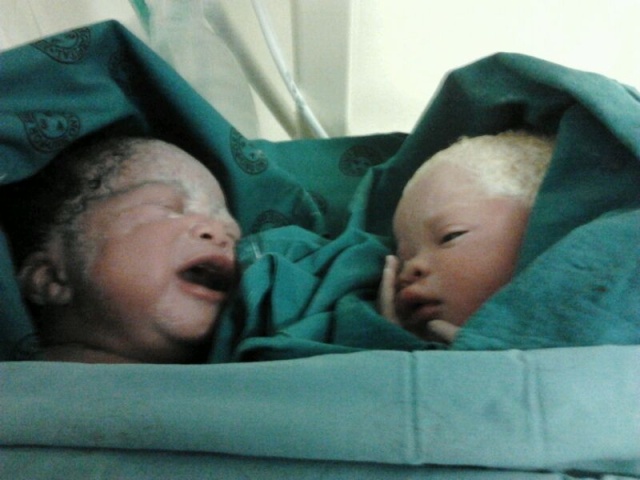
My advice would be to talk to a few doctors and ask them if you could see what they do. There are many different options once you are done with your studies, internship and community service years…. But it takes quite a while and lots of hard work to get there! I really didn’t enjoy overtime work. Luckily now I can choose not to do it. You also don’t get to be too creative as an ordinary government doctor- unless you think using a pink injecting needle as an intraosseous canula is creative. (You often have to make do with the equipment and stock available to you.)
There is definitely never a dull moment in medicine and patients are very entertaining. It is awesome how people will open up to you about their fears and feelings because you are their doctor and they trust you. The new research and new discoveries in the medical field is very exciting! I enjoy the challenge every new case brings.

You must remember to still try and lead a balanced life. It’s easy to allow medicine to consume all your hobbies, activities and social life. If you are not sure about what you want to do, it might be a good idea to take a gap year after school. Don’t rush into things! We had a lady in our class who started studying medicine at 42 years. She was first a theater sister.
So if you have done your research and you feel medicine is for you, know that it will require a whole lot of work to get there but you will reap the benefits. It is a very interesting and rewarding field!





